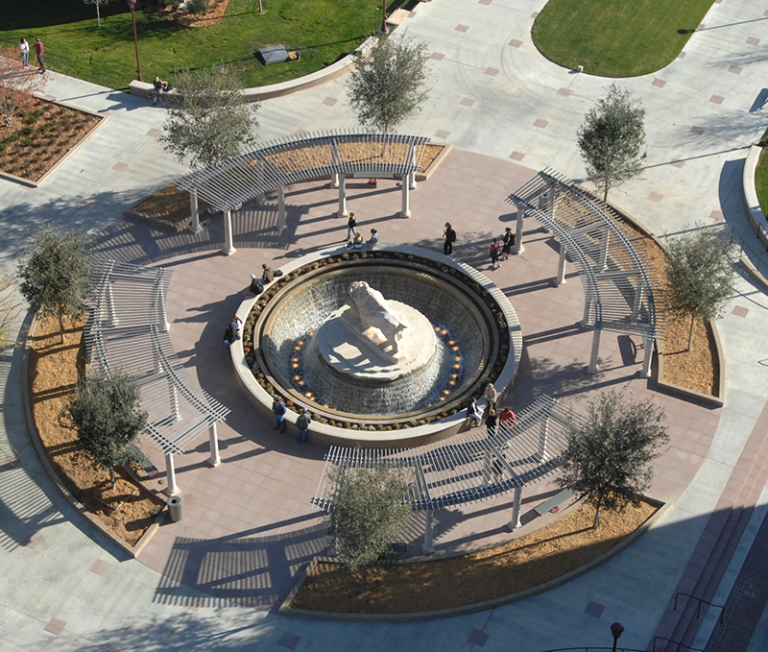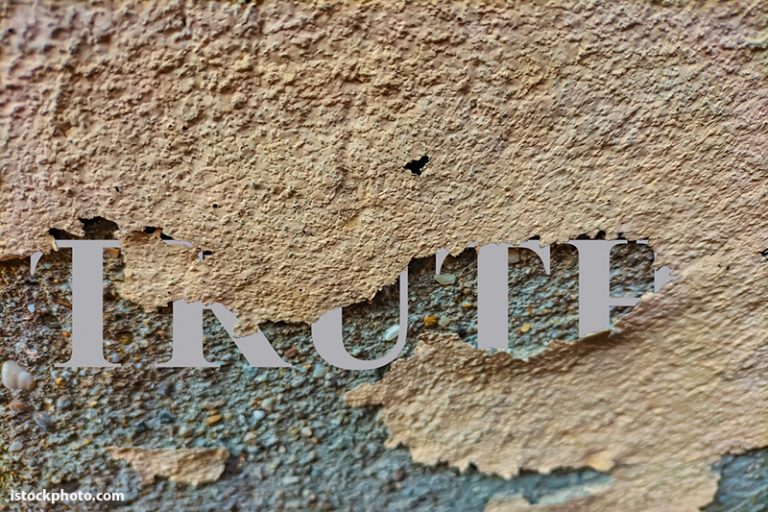Leadership creates hope, or hopelessness, one or the other. You can’t lead by what is or what might be, but out of the alchemy of what is and what might be. That is the nature of the art. Without that alchemy, neither leadership nor art is present.
“It is hardly possible to build anything if frustration, bitterness and a mood of helplessness prevail.”
Lech Walesa, Nobel Prize Acceptance Speech, 1983
_______________________________________________________________________
Tu canis. Lorem canis semper. Canem mortuum natus es, et canis. (You’re a dog. You’ve always been a dog. You were born a dog and will die a dog… It sounds little better in Latin.)
Imagine yourself in a small room wearing a harness that restrains you from meaningful movement. You hear a bell. Soon thereafter you feel an electric shock in your paws. You strain at the harness to escape. Your muscles tense up. But you can’t move. The shock goes away. You are relieved. But soon the bell goes off again, and again an electric shock follows. Again, again, and again: the bell, the shock, and the harness.
Eventually a “whitecoat” comes in and removes the harness. He leaves, and soon another shock heats your paws… you tense up…immobilized, even though there is a low wall — over which you can step to be free of the pain — formerly unavailable as an escape because of the harness. Instead, you tolerate the shock.
You are a dog that has learned helplessness.
This layman’s description of Martin Seligman’s 1965 experiment probably falls short, but it describes how we often see ourselves in relation to the circumstances of our lives.
Now, imagine yourself at your home, a university, a house of worship or corporation, military unit, or as a citizen of Poland. You are responsible to someone and, in turn, someone is responsible to you. Like it or not, that is how groups of people work, from two to two billion. You receive direction. The direction is uncomfortable. Loyalty guides your response to respect the authority of the organization and even find ways to justify mindless requests. You strain at what you’re asked to do. Your muscles may even tense up.
But you’re not a dog.
You make a suggestion, or offer counsel, but it doesn’t seem to make any difference. The organization is apathetic and indifferent. You may accept the “harness” of indifference, but probably one of two things will soon occur. You will leave the position with your ideas, wisdom, energy and insight; or you will quit offering them for their lack of impact or perceived value. Donec in agendis dare, et si ipse. (You give up on the enterprise and possibly yourself… It doesn’t sound good even in Latin.)
The June 2012, Harvard Business Review Blog Network carries a reflection by Ron Ashkenas on the nature of “Learned Helplessness in Organizations.” Ashkenas reviewed a study at General Electric suggesting that proposed changes to leadership and management were impossible because GE was dealing with nuclear energy, and government regulations control the processes out of concern for human safety: a perceived government harness made not of leather or indifference, but policy or fear.
Leaders, managers, and bureaucrats of GE were wrong. After careful analysis, it was discovered that many changes could be made, and only a small percentage of the operations claiming to be constrained by government regulations actually were. No harness existed except the most damning human harnesses of all: lack of vision; absence of initiative; comfort with familiarity. Learned helplessness.
A culture of helplessness is born in a hot-house of frayed vision, obfuscated purpose, and the mindlessness of discontent assembled behind the counterfeit facade of discipline and order, glued together by apprehension.
Our universities and other complex organizations should understand Martin Seligman’s discovery. Lech Walesa did. Ignorance of it produces reward and punishment independent of effort and results, leading to fruitlessness soon followed by helplessness.
How deeply saddening for any human organization, from two to two billion, or anywhere in between.





I went on the job market last year because of concerns about my department and university. We had a new Dean and a new Chair neither of whom were putting my concerns at ease. When my program laid out our concerns to the Chair, we endured a litany of nothing (“I hear your concerns”, “I understand why you feel that way”). Out of frustration, I asked if the Chair could provide some hope. The response “I gave up hope for Lent.” It was *that* moment when I decided to leave.
Your commentary is dead-on. Once you lose hope, you either leave or join the pity party. I left. I feel for those of you I left behind, but I am now part of an organization with a lot of hope and much less cynicism. That hope gets me through every day. We still face challenges here, but I have hope that we will find a way to overcome them.
Much of what Dr. Wendler describes can be found in the literature of the “burn-out” syndrome which is well researched. Put in it’s simplest terms, when the challenges exceed the rewards, burnout occurs. Leadership is almost always to blame, according to the literature. In our State Universities today, burnout has become almost the norm for many faculty, yet almost no attempts are being made to train future leadership at any level. Most State Universities are being managed (or mismanaged) by State or local politicians and, unfortunately, no change is in sight. It is a shame that most of us with many years in the academy (in my case 48 years) leave in discouragement.
Happy Camper, As someone who has tried in vain to write his way out of this place, I’m pleased to learn you have found a better position. However, the tragedy is that we have lost another good person who is moving on as well as those retiring in disillusion who could have contributed even more from a fund of knowledge such as ARP. Both of you will probably not be replaced in a time when non-faculty-input computer grading ideas are being seriously considered and the Morris Library is facing $1 million in Humanities journals cuts while Kubla-Khan building projects and Sports appear to be unscathed from these financial exigencies. As cuts cause further damage and faculty face further contempt as to their professional abilities by administrators and ex-politicians, those of us left face further challenges to whatever resilience we have left – and that pool is slowly diminishing. Good luck to you both.
“A culture of helplessness is born in a hot-house of frayed vision, obfuscated purpose, and the mindlessness of discontent assembled behind the counterfeit facade of discipline and order, glued together by apprehension.” Simply brilliantly observed, Walter. Your descriptions sadly describe my departure from service in higher education, as I determined I could better serve others with my teaching craft outside of the confines of those halls that held nothing but disincentives for pursuit of true learning.